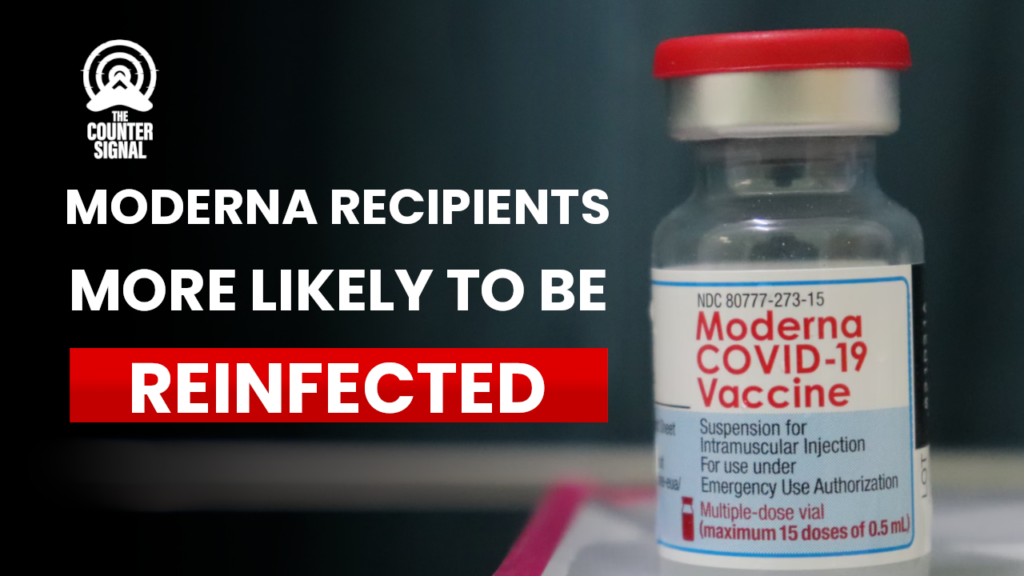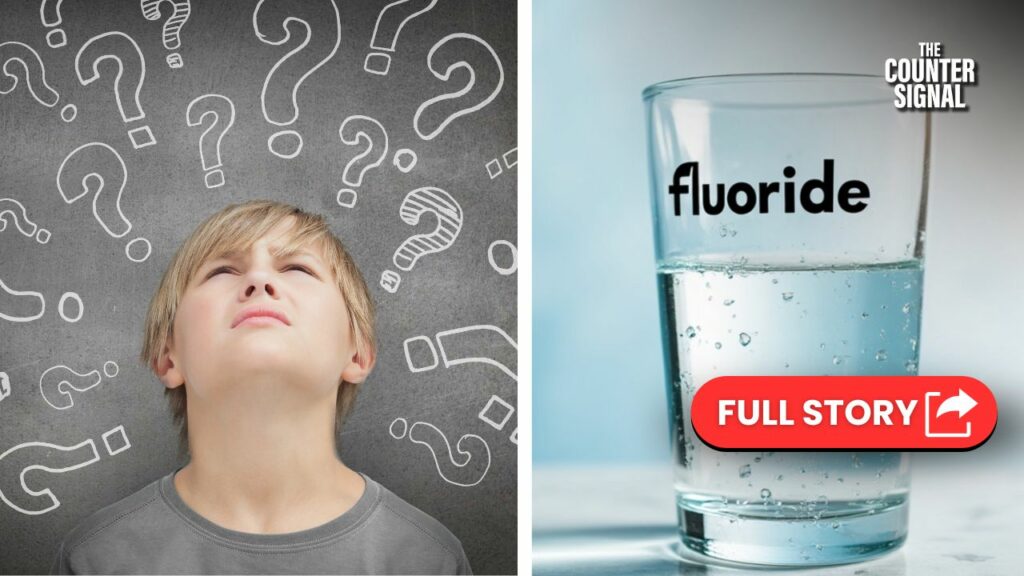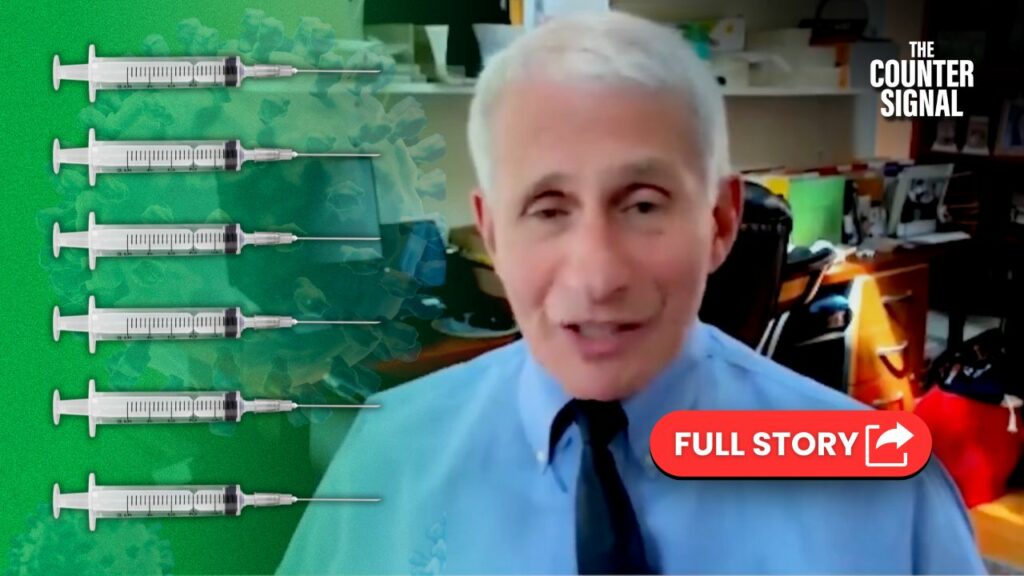A new study on the efficacy of the Moderna vaccine has found that recipients are more likely to lack antibodies crucial to preventing repeat infection compared to those with natural immunity.
Researchers analyzing the vaccine efficacy of Moderna looked at 1,789 participants (1,298 placebo recipients and 491 vaccine recipients) that were 18 years old or older with no known history of SARS-CoV-2 infection and at appreciable risk of SARS-CoV-2 infection and/or high risk of severe Covid-19. They ultimately found that those not inoculated with Moderna had more antibodies after being infected than those who received the vaccine.
“Among participants in the mRNA-1273 vaccine efficacy trial with PCR-confirmed Covid-19, anti-nucleocapsid antibody seroconversion at the time of study unblinding (median 53 days post-diagnosis and 149 days post-enrollment) occurred in 40% of the mRNA-1273 vaccine recipients vs. 93% of the placebo recipients, a significant difference,” the researchers conclude.
According to Children’s Health Defense, “Anti-nucleocapsid antibodies are antibodies specific to the nucleocapsid portion of the SARS-CoV-2 virus, the virus responsible for COVID-19.”
They further report that the findings suggest that those who received the Moderna vaccine are more likely to be reinfected, perhaps “indefinitely.”
“The authors’ findings, which are corroborated by U.K. data that demonstrate the rates of infection are significantly higher in the vaccinated, suggest Moderna knew of this safety signal in 2020 when the vaccine maker was conducting its trials,” writes Children’s Health Defense.
“…. Specifically, the study implies that the reduced ability of a vaccinated individual to produce antibodies to other portions of the virus may lead to a greater risk of future infections in the vaccinated compared to the unvaccinated.”
Overall, the researchers’ findings suggest that natural infection is likely to provide more robust protection when an individual is exposed to COVID-19 in the future.











